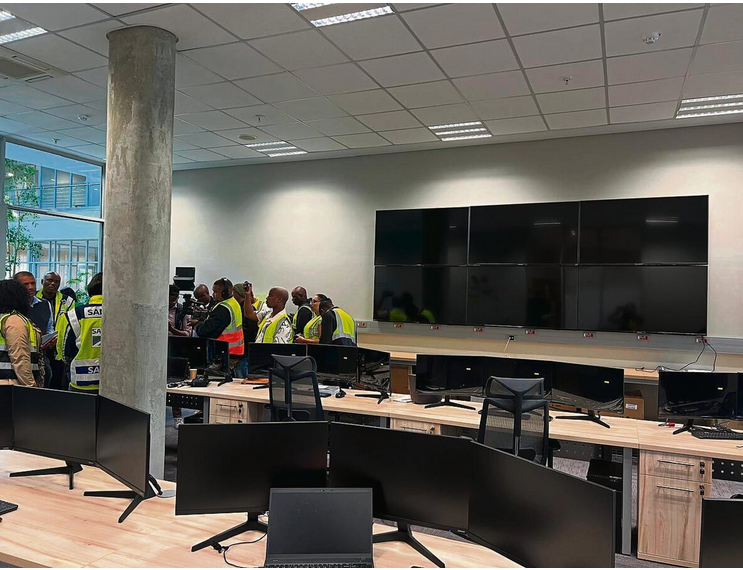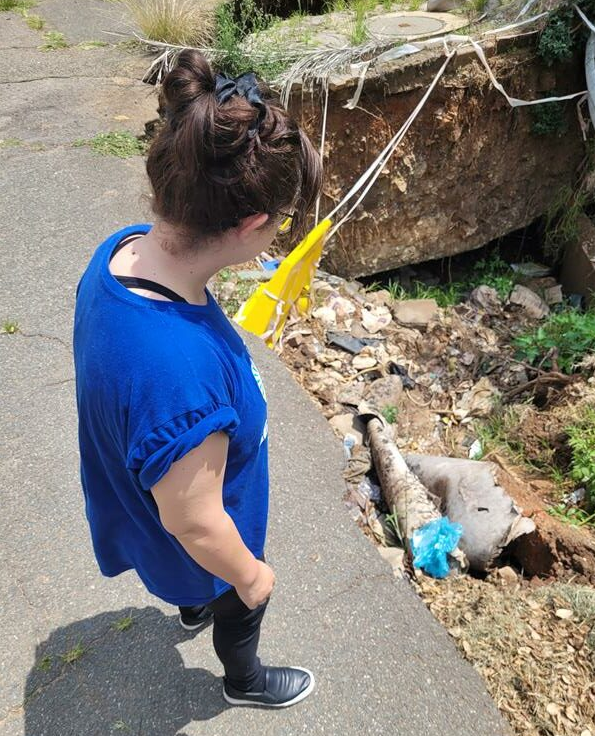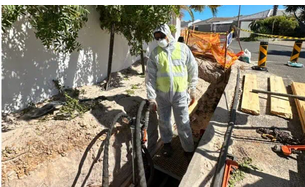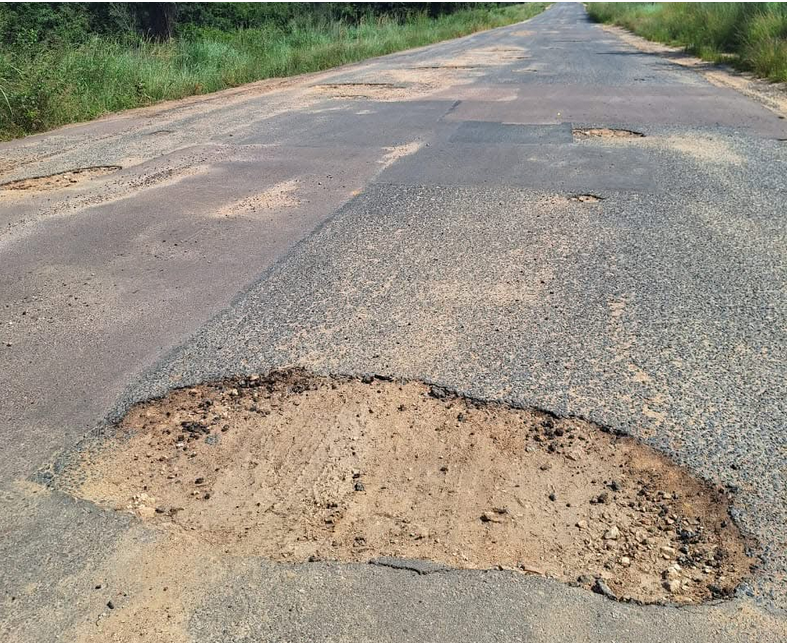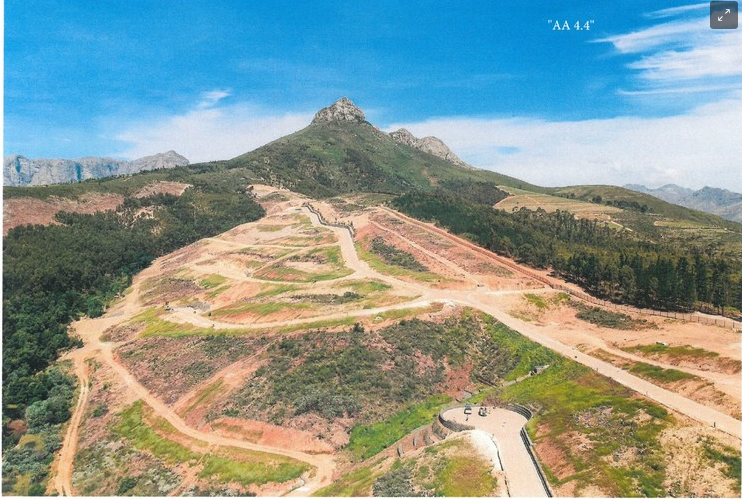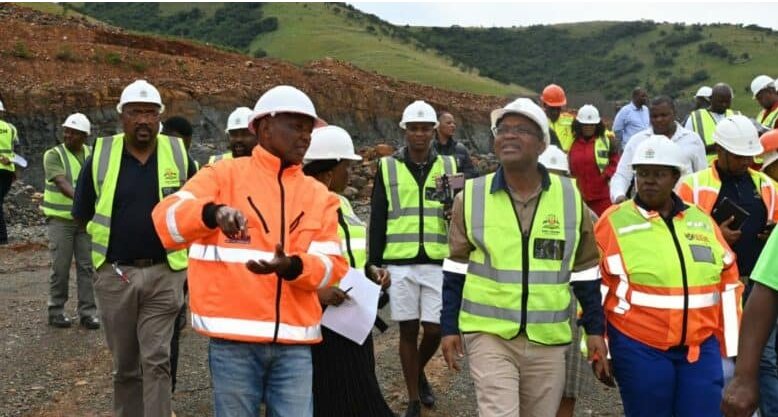PBMR cost, risks should give cabinet long pause Inside RESOURCES

02-10-2009
Read : 49 times
Business Report
the cabinet should think hard before committing any further funds to try to turn the pebble bed modular reactor (pbmr) project into a feasible and commercially sound business. the nuclear energy venture is moving at snail's pace and it seems no closer to proving its viability.
the germans who developed the original pbmr between the 1960s and 1980s never turned it into a workable technology. experts have questioned the wisdom of the government developing the venture given the consistent engineering problems associated with this technology as well as the more pressing socioeconomic and infrastructure problems the country has.
eskom started the project in 1993 and the pbmr company was set up in 1999.
however, eskom, which remains a major shareholder, appears no longer interested in the technology as it has no plans to use pbmr units in its huge expansion.
since 1999 the company has spent r8 billion and while it has put a lot of effort into research and development, the project has yet to show any tangible return from this expenditure. unless the government puts more money into the coffers of the company, the venture will most likely run out of money next year. the project has been characterised by alarming increases in costs and delays to its schedule.
pbmr chief executive jaco kriek announced in august that the projected cost of the demonstration plant and pilot fuel plant had almost doubled to r31bn.
the higher the cost of developing the pbmr technology, the smaller the chance that the state or the private sector will be willing to support it at a time of recession and tight credit markets.
the credit crunch has led kriek to acknowledge that the project might have to change its business model and shift from being a nuclear technology developer to becoming eskom's nuclear division.
in a desperate move to fund its r27bn demonstration plant, the pbmr company has broached the topic of major energy users like sasol and arcelormittal south africa funding a third of the venture.
if pbmr does become eskom's nuclear division, it would have to scale back its size from a staff of 920 and annual costs of r1bn.
at its formation, the company aimed to use its modular reactors to generate electricity. now it is contemplating switching to using its reactors to mainly produce heat. further pressure is that the state wants pbmr to shift to conventional nuclear technologies to reduce costs and risks.
this places the venture in the unenviable position of having to compete head-on with established conventional nuclear technologies - a strategy doomed to failure.
at the same time the company has to report to a new public enterprises minister, barbara hogan.
former public enterprises minister alec erwin hoped it could produce up to 30 modular reactors of 165 megawatts each and become a major export earner. hogan is instead looking at the project to help create a local "strong nuclear base".
if it raises the cash for a pilot plant, it will need to overcome stiff resistance to nuclear technology. approval for the environmental impact assessment for the first plant was set aside by a judge following an application by earthlife africa.
it is hard to see why the project should get more state funding. however, if the cabinet does bail out the pbmr company it must consider whether there is a justifiable hope that it can turn its technology into a viable business. in the end, the government may have to make the difficult decision of scaling it back or even closing it down.
by justin brown
Recent News
Here are recent news articles from the Building and Construction Industry.
Have you signed up for your free copy yet?
